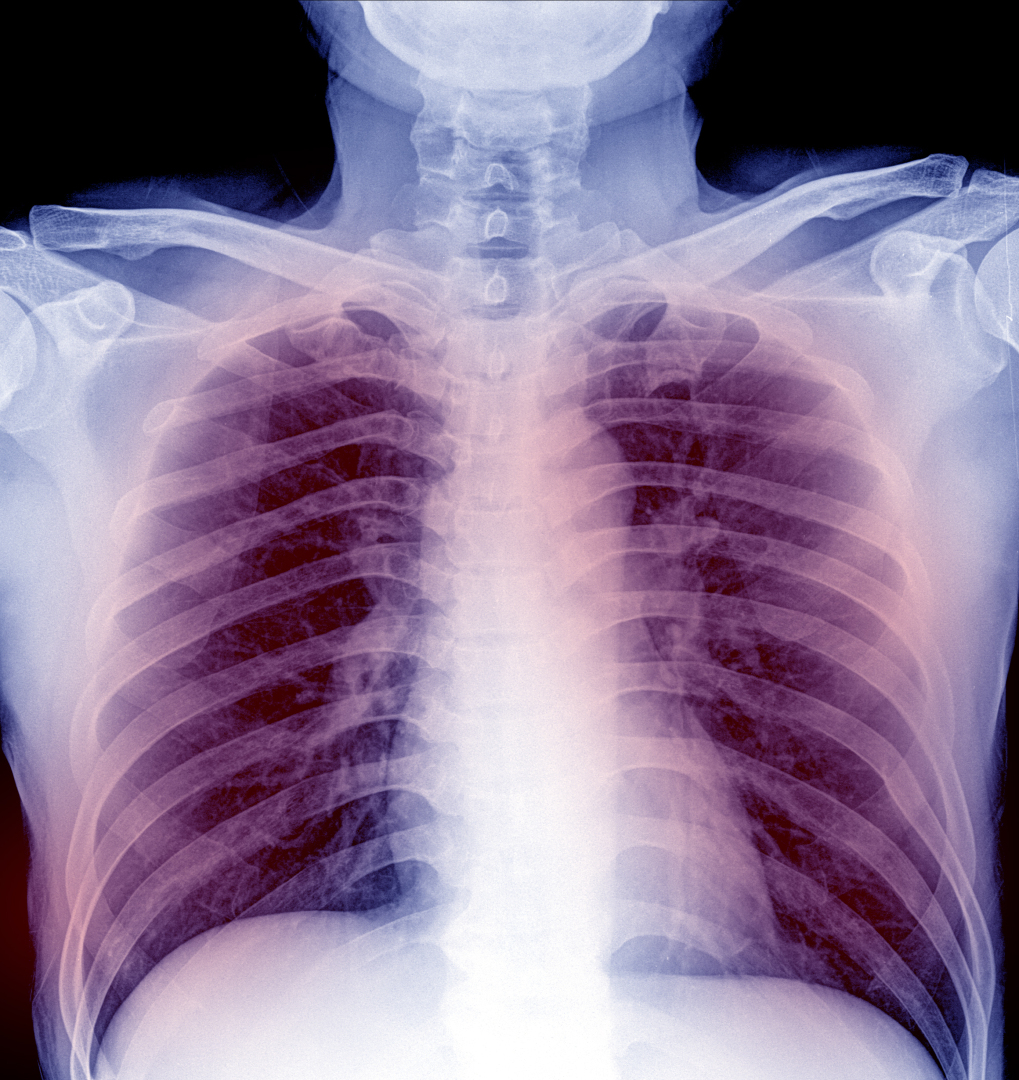
UTHealth joined NIH trial to test antibodies and other experimental outpatient treatments for COVID-19 pneumonia
On Sept. 15, 2020, the University of Texas Health Science Center at Houston (UTHealth) announced that a study on the effectiveness of multiple treatments, including laboratory-made antibodies, at preventing mild COVID-19 from advancing to severe illness in the outpatient setting was underway. The clinical trial was enrolling patients at Harris Health System’s Lyndon B. Johnson Hospital.
UTHealth was launching the Houston site of the nationwide ACTIV-2 trial, a public-private partnership led by the National Institutes of Health’s (NIH) Accelerating COVID-19 Therapeutic Interventions and Vaccines (ACTIV) program. Operation Warp Speed, a multi-agency effort led by the U.S. government to develop, manufacture, and distribute COVID-19 vaccines, therapies, and diagnostics, also coordinates the study.
The Phase II, randomized, blinded, controlled, adaptive platform trial allows different medications be added and dropped during the course of the study as they are developed, allowing researchers to effectively test them against a placebo. Adaptive clinical trials observe patient outcomes and side effects that occur during the trial’s set schedule and allow for modification based on those observations.
The first treatment being tested was LY-CoV555, an investigational monoclonal (laboratory-manufactured) antibody developed from the blood sample of a recovered COVID-19 patient. Once isolated, copies of this antibody were synthesized and produced in a lab. Antibodies are proteins produced by immune cells to fight infections. By isolating and reproducing this protein and delivering it via intravenous infusion, investigators hope to develop a treatment that can target SARS-CoV-2, the virus that causes COVID-19, and prevent patients with a minor case from developing severe illness.
Tags:
Source: news wise
Credit:
